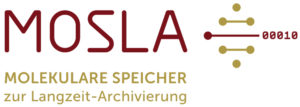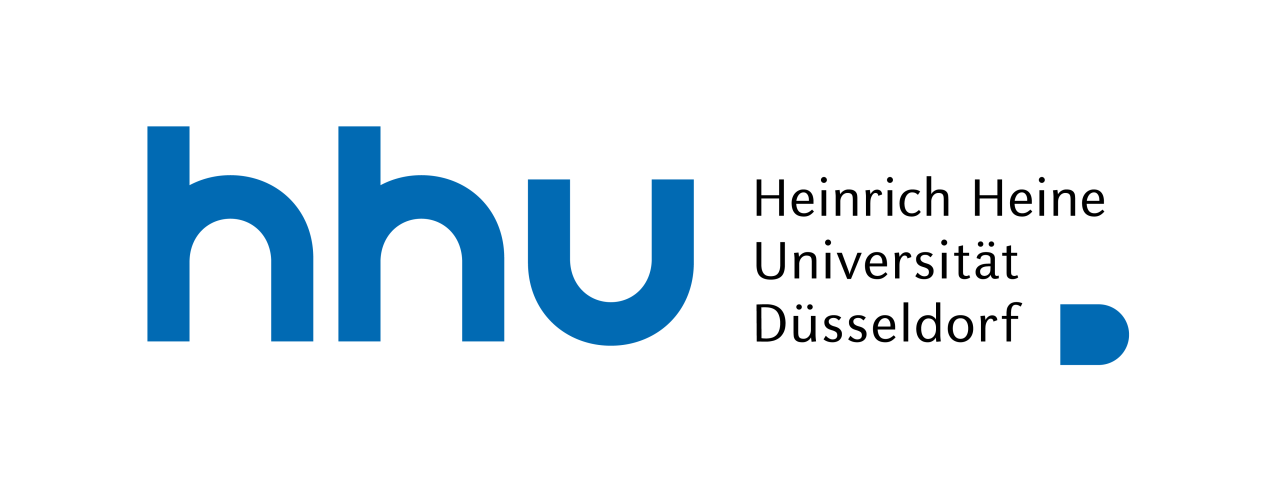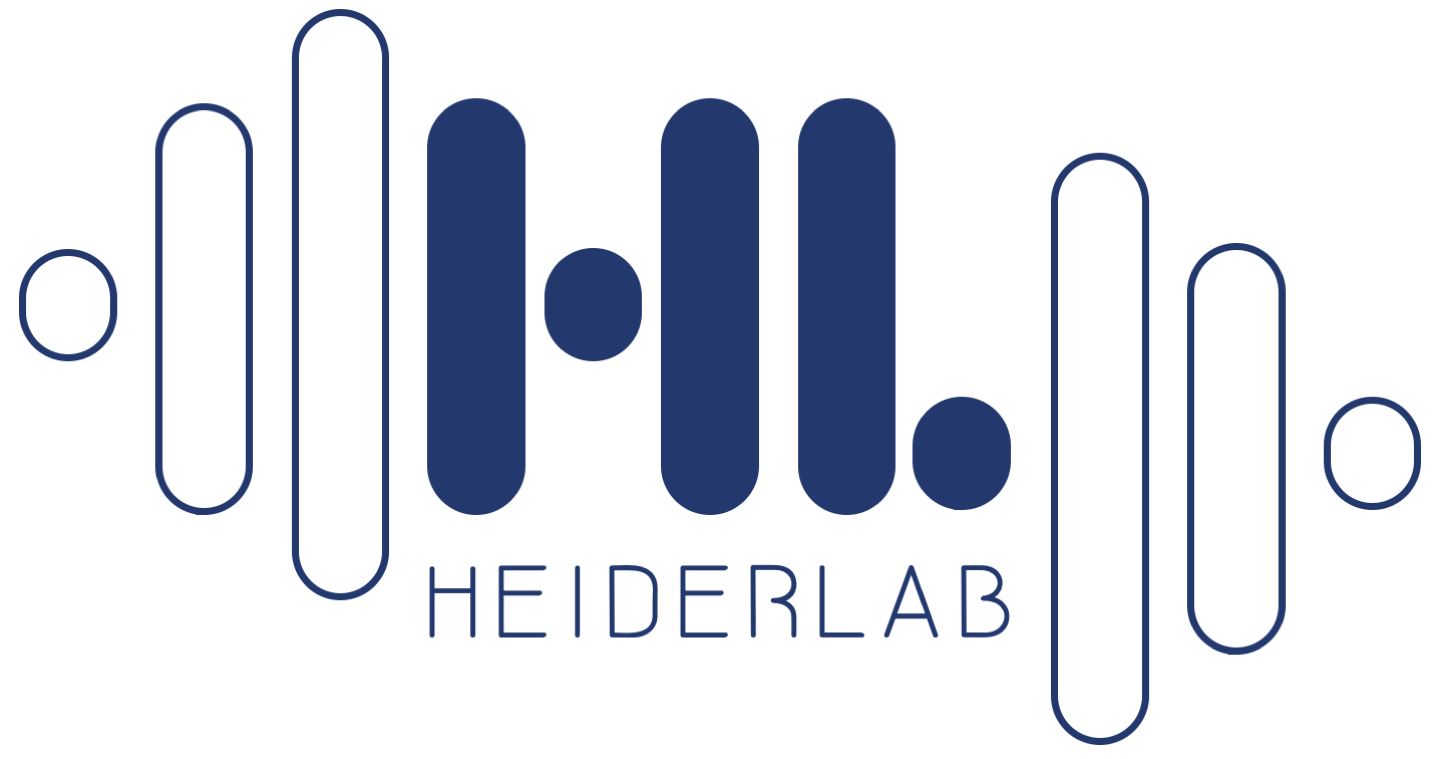New publication!
Our new article has been accepted in Scientific Reports:
Löchel HF, Heider D: Comparative analyses of error handling strategies for next-generation sequencing in precision medicine. Scientific Reports 2020, 10:5750. (Link)
Abstract
Next-generation sequencing (NGS) offers the opportunity to sequence millions and billions of DNA sequences in a short period, leading to novel applications in personalized medicine, such as cancer diagnostics or antiviral therapy. Nevertheless, sequencing technologies have different error rates, which occur during the sequencing process. If the NGS data is used for diagnostics, these sequences with errors are typically neglected or a worst-case scenario is assumed. In the current study, we focused on the impact of ambiguous bases on therapy recommendations for Human Immunodeficiency Virus 1 (HIV-1) patients. Concretely, we analyzed the treatment recommendation with entry blockers based on prediction models for co-receptor tropism. We compared three different error handling strategies that have been used in the literature, namely (i) neglection, (ii) worst-case assumption, and (iii) deconvolution with a majority vote. We could show that for two or more ambiguous positions per sequence a reliable prediction is generally no longer possible. Moreover, also the position of ambiguity plays a crucial role. Thus, we analyzed the error probability distributions of existing sequencing technologies, e.g., Illumina MiSeq or PacBio, with respect to the aforementioned error handling strategies and it turned out that neglection outperforms the other strategies in the case where no systematic errors are present. In other cases, the deconvolution strategy with the majority vote should be preferred.
This work has been financially supported by the LOEWE program of the State of Hesse (Germany) in the MOSLA research cluster.


